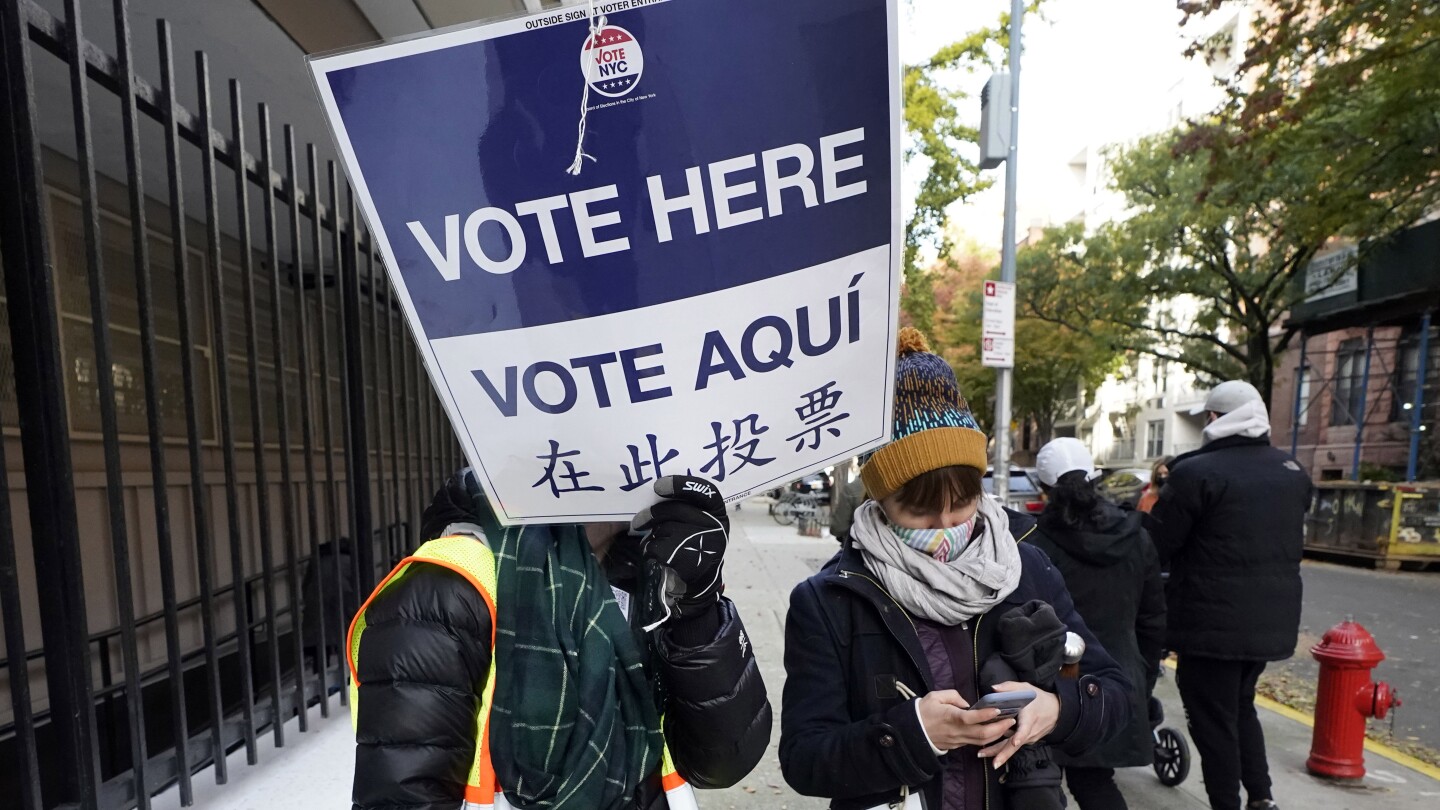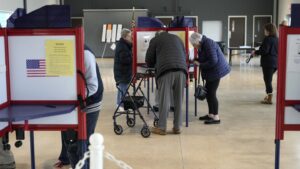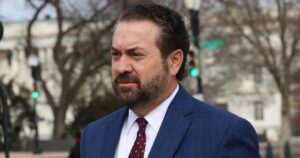In a significant legal decision, New York State’s highest court has halted New York City’s initiative to allow noncitizens to vote in local elections, a move that has sparked diverse reactions from political parties and city officials.
High Court’s Decision
The Court of Appeals delivered a 6-1 verdict, asserting that the current New York constitution “draws a firm line restricting voting to citizens.” This decision effectively nullifies the 2022 law that was never enacted, which would have permitted approximately 800,000 noncitizens with legal U.S. residency or work authorization to vote in municipal elections, excluding presidential, congressional, or state-level contests.
Legal Challenges and Reactions
The legislation faced immediate legal opposition from state Republican officials, resulting in its rejection at every judicial level. Following the ruling, NYGOP Chair Ed Cox stated, “Efforts by radical Democrats on the New York City Council to permit noncitizen voting have been rightly rejected.” The lawyer representing the Republicans, Michael Hawrylchak, expressed satisfaction with the court’s recognition of the state constitution’s “fundamental limits” on voter eligibility.
City Council and Mayor’s Response
The New York City Council, predominantly Democratic, had approved the law and pursued the case to the state’s highest court. Council Speaker Adrienne Adams expressed disappointment but acknowledged the court’s decision, stating, “The council sought to strengthen our city’s democratic process and increase civic engagement.” Although Mayor Eric Adams did not sign the measure into law, he permitted its passage without his endorsement, and a spokesperson from his office affirmed respect for the court’s ruling.
Noncitizen Voting Elsewhere
While New York City’s effort has been curtailed, noncitizen voting in local elections is permitted in some towns in Maryland and Vermont, and Washington, D.C., allows noncitizens to vote in city races. San Francisco extends voting rights to noncitizen parents in school board elections. However, a similar proposal was rejected in Santa Ana, California, last year, and several states have explicit bans against noncitizen voting at the local level.
Constitutional Debate
The crux of the New York legal argument revolved around the constitutional language stating “every citizen shall be entitled to vote.” New York City contended that this phrase did not preclude noncitizens from voting and argued for its right to self-governance in expanding electoral participation. Proponents of the law emphasized that it would offer representation to tax-paying residents who contribute to the city’s community but encounter challenges in obtaining citizenship. Conversely, the GOP accused Democrats of seeking partisan advantages through constitutional violations.






